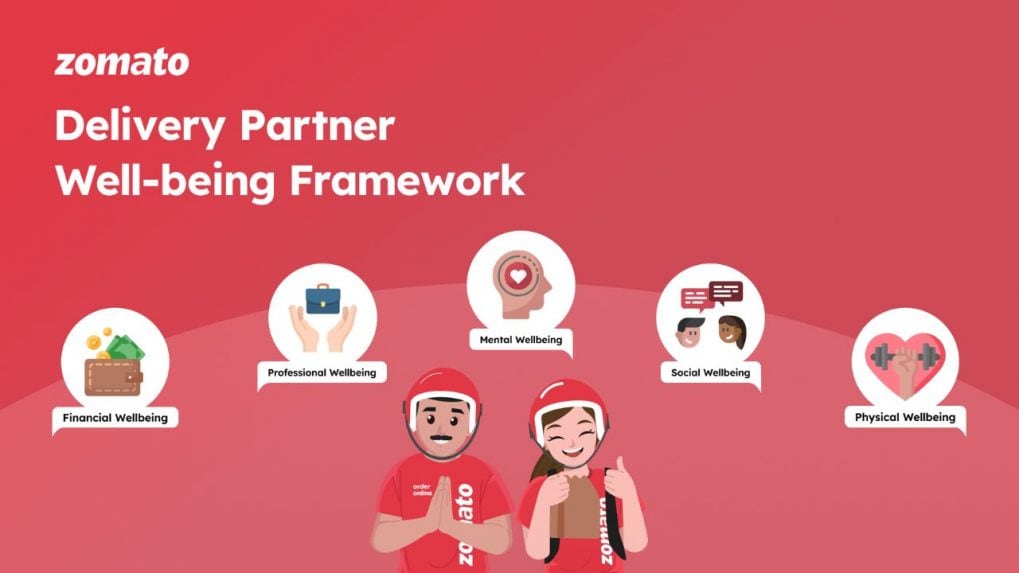Digital
Why OpenAI is hiring 100 ex-bankers: Inside the ChatGPT-maker's secret project to automate Wall Street's grunt work

Zomato, one of India's largest food delivery platforms, has introduced a comprehensive Delivery Partner Well-being Framework, aimed at addressing the holistic needs of its delivery partners.
Developed in collaboration with worker rights advocates and industry bodies, the framework seeks to ensure the financial, social, physical, mental, and professional well-being of delivery personnel.
The framework focuses on five core areas: financial stability, social support, physical health, mental well-being, and professional development.
These areas are divided into nine actionable elements, ranging from earnings and payout timelines to health and safety measures, financial inclusion, diversity, and career growth.
Each element is further broken down into specific sub-elements for deeper evaluation. For example, in the "payouts and earnings" section, Zomato has introduced mechanisms to ensure timely payments, streamlined access to tips, and collaboration with third-arty services for fuel and charging support.
Rakesh Ranjan, CEO of Food Delivery at Zomato, emphasized the exhaustive nature of the framework, noting that it was shaped by feedback from delivery partners and input from experts. "We believe this framework can serve as a blueprint for other gig-based platforms in India to evaluate their own initiatives," said Ranjan.
Experts from various fields, such as Dr. Mukhtar Alam of Jan Pahal and Rameesh Kaisalam of Indiatech.ord, praised the initiative. They acknowledged its potential to influence policy discussions and shape a more sustainable gig economy.
Read more: Zomato to train 10,000 women in logistics
In a wide-ranging interview with Storyboard18, Sorrell delivers his frankest assessment yet of how the deal will redefine creativity, media, and talent across markets.